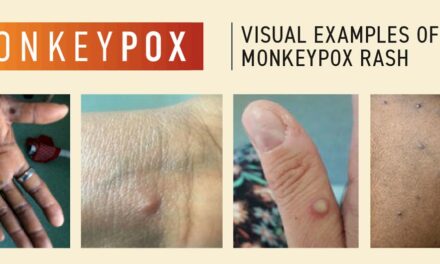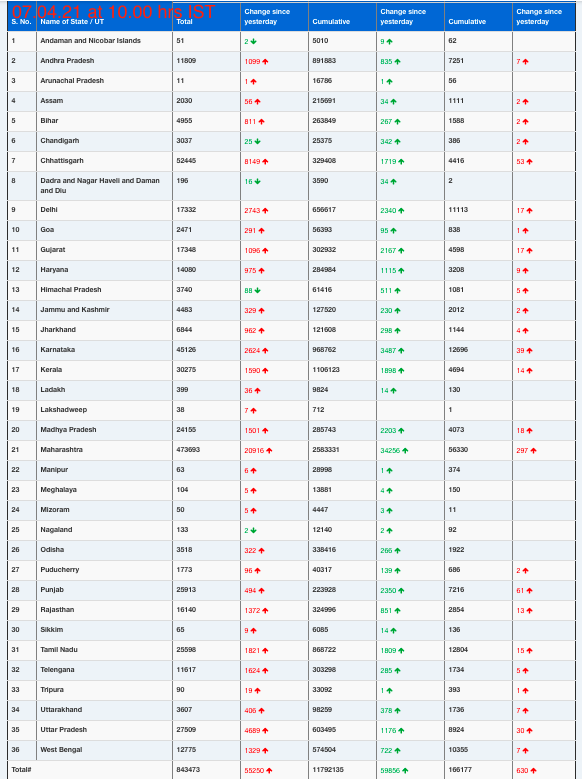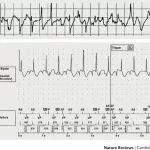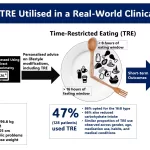January 26, 2025 – A groundbreaking study published in the American Journal of Obstetrics & Gynecology has shed light on the significant reproductive challenges faced by women with polycystic ovary syndrome (PCOS). The research highlights a 26% higher rate of childlessness and a tendency for delayed childbirth among women with PCOS, even though their family aspirations align closely with those of women without the condition.
The study, which spanned 25 years, analyzed data from 14,247 Australian women, of whom 981 self-reported having PCOS. It tracked these participants from ages 18-23 through to 43-48, collecting detailed information on their childbirth events, fertility concerns, and treatment history.
Key findings revealed:
- Women with PCOS had fewer children on average (1.7 vs. 1.9).
- Nulliparity (childlessness) rates were higher among women with PCOS (23% vs. 18%).
- Women with PCOS were more likely to experience advanced maternal age at first childbirth, with an adjusted odds ratio of 1.34.
- PCOS was associated with a higher risk of gestational diabetes.
A particularly concerning aspect was the link between late diagnosis of PCOS and advanced maternal age at first childbirth. This underscores the need for early diagnosis and proactive management to address potential fertility challenges.
Implications for Women’s Health
PCOS affects an estimated 8-13% of women globally and is a leading cause of infertility. The findings stress the importance of raising awareness about the condition and providing timely interventions to improve reproductive outcomes. Fertility treatments, while commonly sought by women with PCOS, often come with physical, emotional, and financial burdens that can compound the difficulties of starting a family later in life.
Dr. Jane Simmons, a reproductive endocrinologist not involved in the study, commented, “Early diagnosis of PCOS can make a significant difference. With proper management, we can mitigate many of the reproductive and metabolic risks associated with the condition.”
Future Directions
Experts emphasize the importance of further research into the social and psychological impacts of PCOS, alongside the medical challenges it presents. They also advocate for greater public health efforts to support women in recognizing symptoms and accessing appropriate care early on.
Disclaimer: This article is intended for informational purposes only and should not be considered a substitute for professional medical advice, diagnosis, or treatment. Always consult a healthcare provider for personalized guidance.











